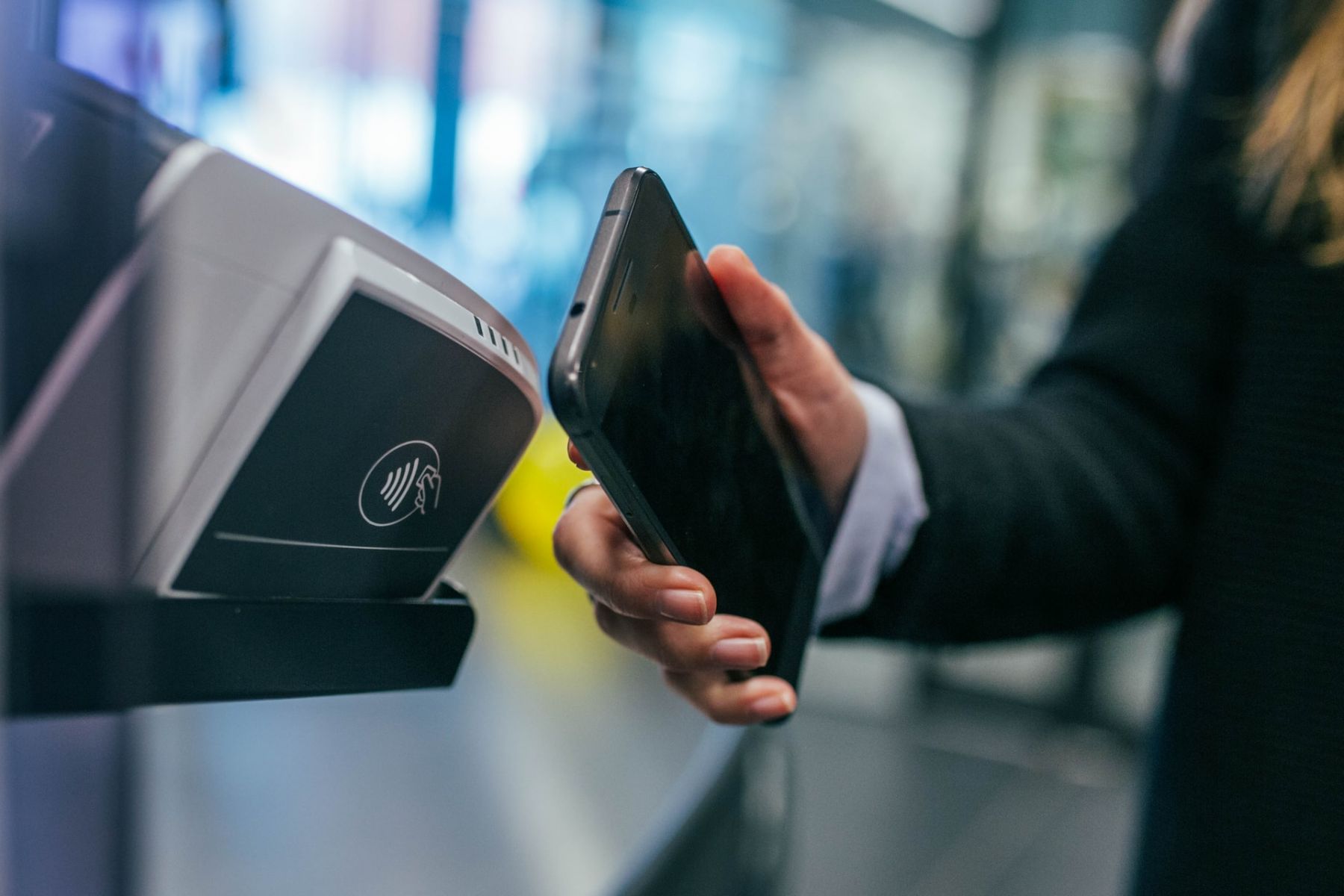Earl Valencia has co-founded fintech startup Plentina to provide the unbanked Filipino community with greater access to credit
Earl Valencia, the founding advisor of QBO, the National Innovation Centre of the Philippines, has founded another company: Plentina. He and his co-founder Kevin Gabayan created the fintech start up in order to aid the unbanked Filipino community. Their slogan is “Buy Now, Pay Later” and they provide lines of credit to people who do not have access to credit cards.
Their hope is to promote financial literacy and empower Filipinos. “We aim to make it easy for consumers to unlock financial services that are appropriate to their stage in life, including their first job, first raise, first child and first home,” says Gabayan, who is also Plentina's CEO.
“[Our system] is quite simple. Users download the Plentina app, answer a financial literacy quiz, fill in an application form, and in a matter of minutes, we will let you know if you are approved for a loan or not,” says Valencia, who is also the company's chief business officer.
See also: Meet The Philippines Honourees On The Gen.T List 2021

Headquartered in Silicon Valley, Plentina provides innovative digital financial services to the emerging middle class. Since the launch of its mobile app in October 2020, Plentina has raised over US$3 million in venture capital funding and is moving to scale to Vietnam next.
Its store credit instalment loans are currently available with 7-Eleven CLiQQ, SMART, PLDT, Agoda, Puregold, and Southstar Drug and National Book Store. “Plentina credit is limited to specific merchant partners today, but we’re adding more of our customers’ favourite merchants in the coming months.” They're currently in talks with several Philippine banks to expand their operations.
“There is a lack of trust towards offering formal financial services to most Filipinos because of the lack of data on the financial profile of the majority of the population,” says Valencia, to which Gabayan adds: “Financial services experiences in the Philippines have much room for improvement. Credit cards are elusive: there’s a minimum income requirement, minimum tenure at your current job, and sometimes there’s an interview. It could be weeks before you get approved and repayment methods are difficult.”
“With limited financial education in the Philippines, it’s no wonder that the long-term benefits of financial services are harder to see than debt traps and scams. We want to help Filipinos see the benefits of financial services in partnership with brands they trust.”
See also: Are You A Small Business Owner In The Philippines? Here Are A Few Things To Know
